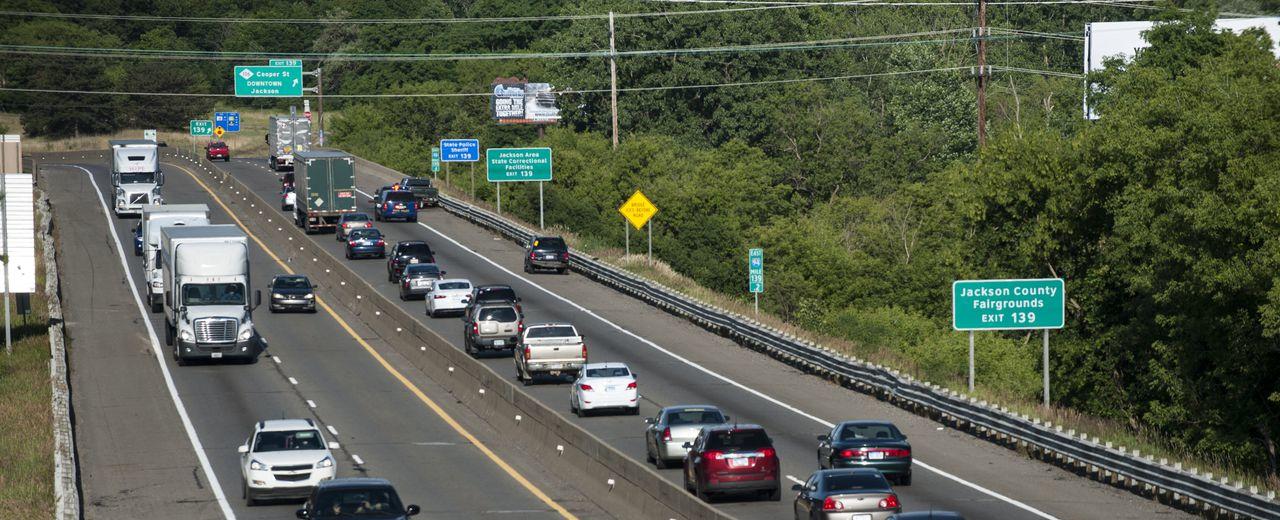Michigan drivers are about to pay more for car insurance. Here’s why.

Title: Michigan Drivers to Face Higher Car Insurance Premiums: Understanding the Implications
Introduction: Michigan drivers can expect a notable increase in their car insurance premiums in the near future. This development has caught the attention of motorists across the state, as it is poised to have a significant impact on their monthly budgets. Let’s delve into the reasons behind this change and explore its implications for drivers in Michigan.
Summary: Michigan has long been known for having some of the highest car insurance rates in the United States. However, recent reforms to the state’s auto insurance laws have aimed to address this issue. The legislation, known as the “Michigan Auto Insurance Reform,” introduced several provisions that drivers need to be aware of.
Firstly, the legislation put an end to the long-standing requirement for unlimited personal injury protection (PIP) coverage, allowing motorists to select lower coverage limits. While this provides drivers with more flexibility, it also significantly alters the insurance landscape. Without the extensive coverage, policyholders may face higher out-of-pocket costs in the event of an accident.
Another crucial aspect of the reforms is the implementation of a new medical fee schedule. The fee schedule sets limits on how much medical providers can charge for services related to auto accidents. This change aims to curb excessive medical expenses by reducing the rates payable by insurance companies. However, critics argue that this may result in limited access to healthcare for accident victims.
Additional Information: As someone well-acquainted with Michigan’s insurance landscape, I can attest to the impact of these changes firsthand. While the prospect of potentially lower premiums may be enticing for drivers, it’s important to carefully consider the trade-offs involved. Opting for lower PIP coverage may expose individuals to higher medical costs, which can quickly accumulate in the event of a severe accident.
It’s worth noting that the new reforms also allow drivers to make use of coordinated policies and opt-out of purchasing PIP coverage altogether if they are covered by another health insurance plan. This provision intends to provide policyholders with cost-saving options, although it may exclude those who do not have an alternative health insurance plan.
Conclusion: Michigan drivers are facing a significant shift in how car insurance is structured in the state. While the reforms offer more choices and potential cost savings, they also introduce a level of uncertainty and potential financial risk. It is crucial for motorists to carefully evaluate their insurance needs and consider the long-term implications before making any changes to their policies. Staying informed and seeking professional advice from insurance experts are essential steps in navigating this impending change successfully.
Quick Links

